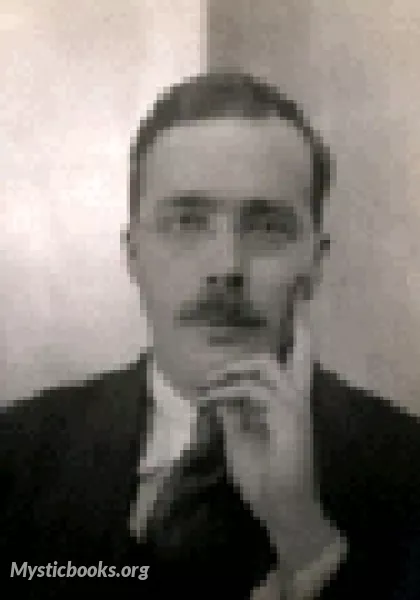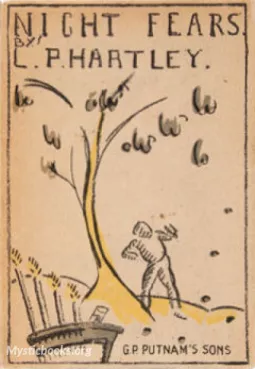
Timeline
Title
Country/Nationality
L. P. Hartley
L. P. Hartley (1895-1972) was a British novelist and short story writer. He was best known for his novels and stories that explore childhood and growing up, including The Go-Between (1953), The Eustace and Hilda trilogy (1944-1947), and The Hireling (1957). Hartley's work is characterized by its psychological depth, its subtle observations of human nature, and its beautiful prose style.
Early life and education
Hartley was born in Whittlesey, Cambridgeshire, England, on December 30, 1895. He was the son of a wealthy brick manufacturer. Hartley attended Harrow School and Balliol College, Oxford, where he studied English literature.
Literary career
Hartley began writing short stories in the early 1920s. His first novel, The Shrimp and the Anemone, was published in 1924. Hartley's early novels were not particularly successful, but he began to gain recognition in the 1940s with the publication of The Eustace and Hilda trilogy. The trilogy tells the story of two siblings, Eustace and Hilda, as they grow up in England during the early 20th century. The trilogy was praised for its psychological realism and its sensitive depiction of childhood and adolescence.
Hartley's most famous novel, The Go-Between, was published in 1953. The novel tells the story of a young boy who is sent to work as a tutor for the children of a wealthy family. The boy becomes involved in the adults' lives and witnesses their secrets and betrayals. The Go-Between was a critical and commercial success, and it was adapted into a successful film in 1971.
Hartley continued to write until his death in 1972. He published 17 novels, six volumes of short stories, and a book of criticism. He was also a prolific diarist and letter writer.
Principles
Hartley was a man of strong principles. He was a liberal humanist who believed in the power of reason and the importance of individual freedom. He was also a strong supporter of social justice and equality.
Notable works
Hartley's most notable works include:
- The Go-Between (1953)
- The Eustace and Hilda trilogy (1944-1947)
- The Hireling (1957)
- The Shrimp and the Anemone (1924)
- Night Fears (1924)
- The Sixth Heaven (1926)
- The Killing Bottle (1932)
- The Travelling Grave (1936)
- My Sister's Keeper (1970)
Philosophy
Hartley's philosophy was based on the belief that the human mind is a complex and mysterious thing. He was interested in the ways in which people perceive and interpret reality. He also believed that the past is always present in our lives, and that it can shape our present and future.
Death and legacy
Hartley died in London on December 13, 1972, at the age of 76. He is remembered as one of the most important and influential British novelists of the 20th century. His work continues to be read and studied by people around the world.
How is Hartley remembered?
Hartley is remembered as one of the most important and influential British novelists of the 20th century. His work is characterized by its psychological depth, its subtle observations of human nature, and its beautiful prose style. Hartley's novels and stories explore themes of childhood, growing up, memory, and the past. His work continues to be read and studied by people around the world.
Books by L. P. Hartley

Night Fears and Other Stories
In the inky depths of the human psyche, shadows dance and fears take shape. Delve into the enigmatic world of "Night Fears and Other Stories" by L. P. Hartley, a collection that whispers secrets and paints vivid nightmares. Prepare to be transported...